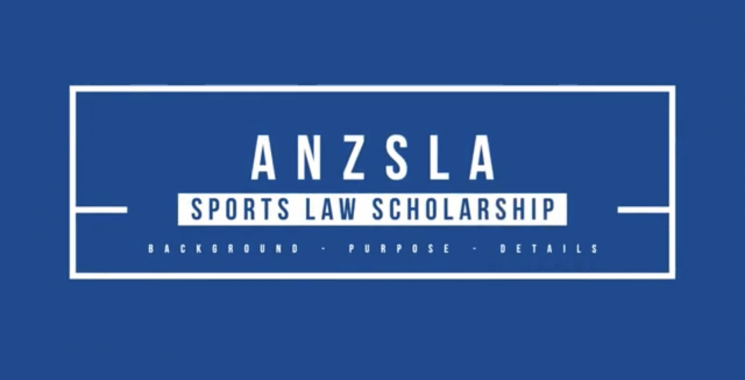The Australian and New Zealand Sports Law Journal 2012
Promoting ‘match quality’ in New Zealand rugby: Authorisation of salary caps and player transfer restrictions under the Commerce Act 1986 (NZ)
Andrew F Simpson
In recent years the New Zealand Rugby Union has adopted player salary and transfer rules designed to promote competition between teams, with the aim of increasing television audiences and attracting greater numbers of spectators. As measures that promote sporting competition on the rugby pitch may at the same time unlawfully restrain commercial competition, the New Zealand Rugby Union sought the New Zealand Commerce Commission’s authorisation for its player transfer restrictions and salary cap arrangements. This article reviews the Commerce Commission’s approach in investigating the efficiency effects of salary caps and transfer fees in detail and developing a novel ‘match quality’ hypothesis which may have application for other sporting codes.
Bringing the ‘strangers’ within the rules of racing
Anthony J Crocker
One of the more interesting questions relating to the powers of racing clubs is the extent to which they can impose penalties upon persons who are not members of the clubs, who require and hold no licence from them, who have not agreed to be bound by the rules of the clubs, who have not submitted to the exercise of jurisdiction over them by the clubs, and who only desire to attend race meetings or maybe do not even want to do that.
The use of multiple restraints of trade in sport and the question of reasonableness
David Thorpe
Athletes, particularly those competing in team sports, are not uncommonly restricted by more than one substantive restraint of trade. The literature on restraints of trade in sport deals by and large with restraints as single impositions. This article addresses the effect of multiple restraints of trade imposed on athletes and how these, in combination, bear upon the question of reasonableness under the restraint of trade doctrine. The use of multiple forms of trade restraints is somewhat unique to the industry of sport to include over the years, player draft systems, salary caps, zoning restrictions, retain or transfer systems and wage ceilings. Restraints limiting athlete endorsement of sponsor products and services, a restraint of more recent origin yet to be tested before a court of law, will be considered against the background of the restraints listed above. Given the lucrative returns associated with athlete endorsement, such may prove to be a restraint too far.
Regulating the private conduct of employees
Glen Bartlett and Regan Sterry
The Australian Football League is itself a significant brand within the Australian community. Players drafted into the AFL are not drafted simply to kick and handball, but to be ambassadors for the interests of the football industry. This article examines the regulation of employee behaviour in Australia, examining the different regulations placed on AFL players as they ply their trade in a competitive and high profile industry, and compares this to regulations placed on a ‘traditional employee’ and the workplace regulation of the out-of-hours conduct of employees
Field of play decisions and fairness: Lessons from Sirengate
Mark Lebbon
The general reluctance of the Court of Arbitration for Sport and local courts to review field of play decisions except in limited circumstances raises questions about fairness and access to natural justice. This article seeks to reconcile our understanding of fairness in sporting field of play decisions with the jurisprudence which has developed in recent years. In doing so this article takes a detailed look at the legal issues arising from the 2006 Sirengate football match between St Kilda and Fremantle and the ongoing implications for the AFL.


